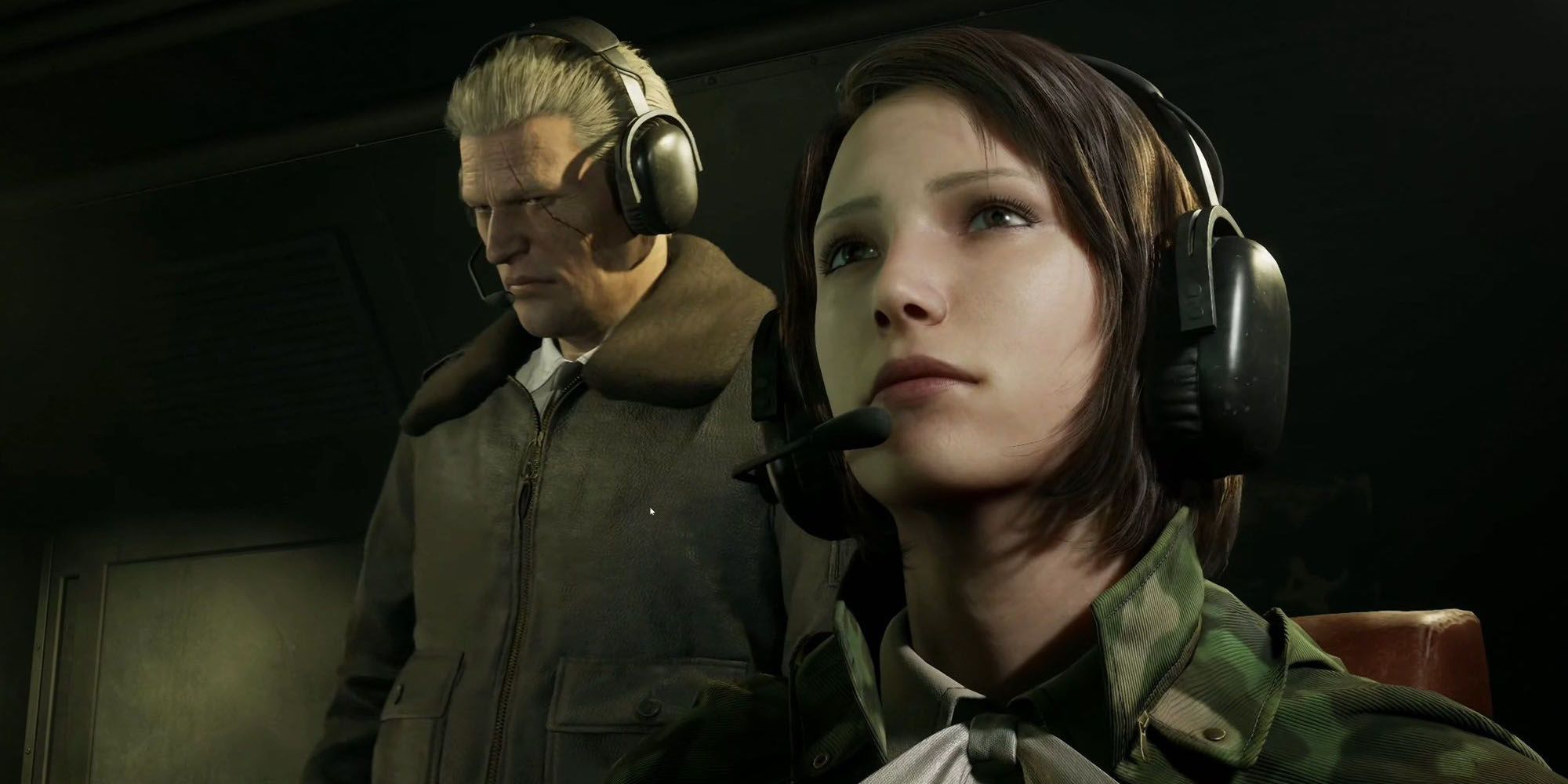
A Faithful Remake with a Few Unintended Consequences
Metal Gear Solid Delta: Snake Eater is widely regarded as an incredibly faithful remake of the original Metal Gear Solid 3. It retains much of the story, gameplay mechanics, and overall tone that made the original a landmark in the stealth genre. However, there are some changes that have sparked debate among fans, particularly regarding how certain features from the original game have been altered or phased out.
One of the most notable differences is the introduction of an autosave feature, which has significantly impacted the way players interact with the game’s narrative and mechanics. In the original MGS3, players had to manually call Para-Medic to save their progress. Each time they did, they were treated to a brief but engaging conversation about a movie she had seen, often reflecting on themes present in the game itself. This interaction added a layer of personality and atmosphere that many players found endearing.
In Delta, however, the game now automatically saves whenever the player transitions between areas. While this change streamlines the process, it also reduces the frequency of these interactions. Players can still choose to manually save by calling Para-Medic, but the autosave feature makes such calls less necessary, leading to fewer opportunities for these meaningful exchanges.
Another change that has drawn criticism is the addition of a "Tips" menu. This new feature provides players with direct access to information about enemy abilities and strategies for defeating bosses. While this can be helpful, it effectively removes the need to call EVA or Major Zero for guidance during boss battles. In the original game, these codec calls offered not only tactical advice but also a deeper narrative experience, with dialogue that often reflected the game's broader themes.
The Codec Calls: More Than Just Gameplay Mechanics
The use of codec calls in the Metal Gear series is more than just a gameplay mechanic; it's a core element of the game’s atmosphere and storytelling. These calls allow players to engage with characters in a way that feels natural and immersive. Even if the conversations sometimes seem rambling or unfocused, they contribute to the unique charm and personality of the series.
Codec calls also help maintain a sense of realism within the game world. Rather than pulling players out of the experience, they keep them engaged with the characters and the environment. For example, when interacting with Para-Medic, players are reminded of the game’s setting and the relationships between its characters. This level of immersion is difficult to replicate with a simple tip menu, which, while efficient, lacks the same emotional and narrative depth.
Balancing Streamlining and Atmosphere
The changes introduced in Delta are not without merit. The autosave and tips menu offer a more streamlined experience, eliminating the need to repeatedly listen to lengthy dialogues or scroll through multiple lines of text for a single piece of advice. For newer players or those who prefer a more straightforward approach, these features can be beneficial.
However, for longtime fans of the series, these changes may feel like a loss of something special. The codec calls were not just a means of getting information—they were a way of connecting with the game’s world and characters. They added a layer of humor, personality, and narrative richness that is hard to replace.
Looking Ahead
If Konami plans to remaster other titles in the Metal Gear series, it would be wise to reconsider how codec calls are integrated into future games. In Metal Gear Solid 2, these interactions play a more critical role in the story, and maintaining their presence could enhance the overall experience. Even in Delta, where they are less central, their absence is noticeable and leaves a gap in the game’s atmosphere.
Ultimately, while Delta is a commendable effort at remastering, it serves as a reminder that some elements of a game are not just functional—they are essential to its identity.
Comments
Post a Comment